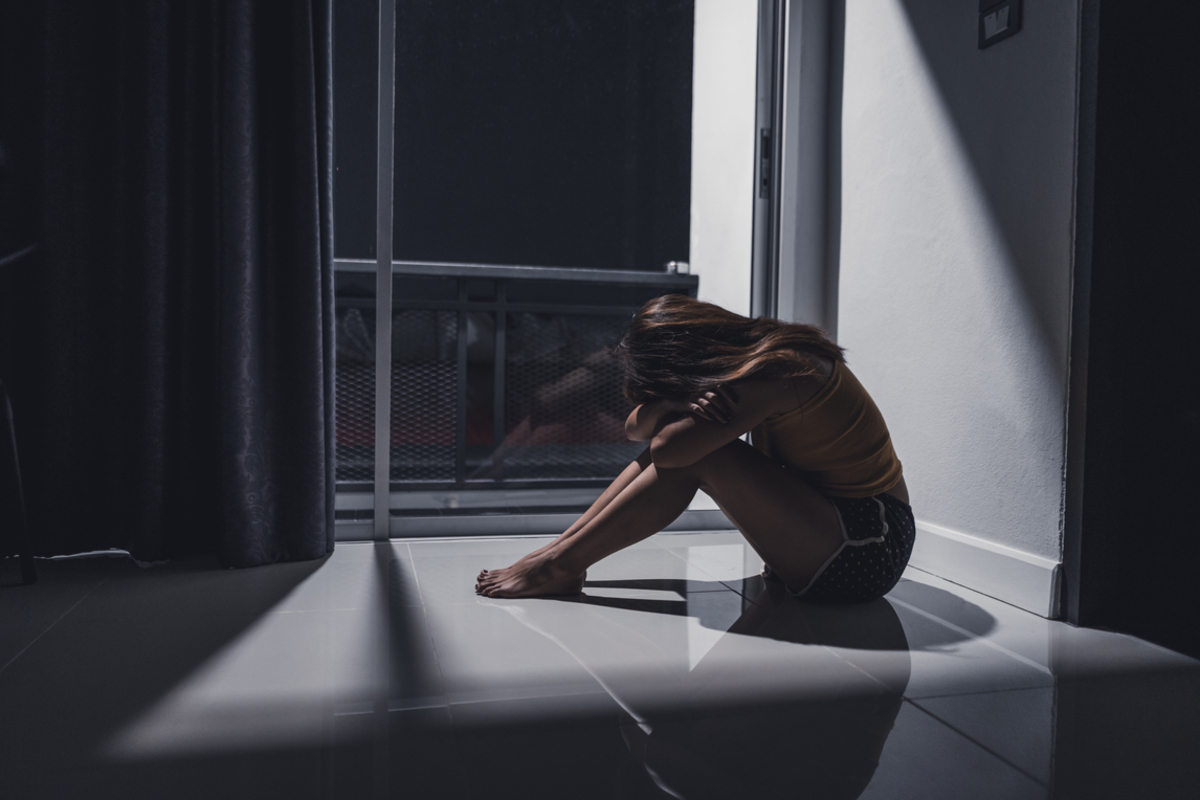Over two million people in the US live with bipolar disorder, a serious and debilitating mental disorder that can even lead to suicide if not treated right. It usually peaks sometime in a person's early twenties, but it can occur in children and elderly people as well.
Bipolar disorder consists of two phases — hypomanic or manic and depressive episodes. Most people first seek help during the depressive phase because mania, however serious and troublesome it might be, tends to be enjoyable for many people. By the time a person seeks help, it's likely that the illness has already caused many problems in their personal and social life.

1. Finding proper therapy is crucial to people with bipolar disorder
Early diagnosis and proper treatment are crucial because bipolar disorder comes with a high frequency of suicide attempts in the early phases of the disease, especially after the long and severe depressions.
According to data, bipolar patients try suicide more often than any other psychiatric patients, and even though the reasons for this are still relatively unknown, early diagnosis and treatment help prevent suicidal thoughts. According to the Study of Suicidal Behavior and the Stanley Foundation Center for Applied Neuroscience of Bipolar Disorders, most bipolar patients who attempted suicide were in either major depressives or mixed episodes. This study also confirmed that suicide attempers are likely to be aggressive and male.
Psychotherapy as well as medications — especially mood stabilizers such as lithium or valproic acid — can help keep manic or hypomanic episodes under control. Even though treating bipolar depression with antidepressants is still a popular option, more and more experts advise against this practice because of their "elevated risk of suicidal ideation".
2. Avoid alcohol and drugs is especially important for people with bipolar disorder
The reasons for this co-occurrence are still relatively unknown, but even though it might feel helpful having all these alternatives that seem to "slow down" your mania and "elevate" your depressive episodes, they only do harm in the long run. They can mess up your emotional balance triggering manic or depressive episodes even when they weren’t in the sight.
Stimulants often worsen the clinical picture of bipolar disorder, making the illness harder to notice and treat. Also, people with bipolar disorder who misuse alcohol are hospitalized more frequently than sober patients. Whatever substance you decide to take along with your medications, it tends to trigger a reaction, including more mixed episodes and episodes with rapid cycling, as well as suicidal behavior.
3. Talking to people who understand can really help
It may sound like a cliche, but it’s true — however trapped you might feel, you’re never alone, and someone else feels the same or worse. This is why bipolar support groups and hotlines exist. It’s an easy and confidential way to get all the necessary information about your disease. After you find a therapist that suits you, they are likely to suggest finding a support group near the place that you live, or even recommend you one.
These groups provide a place to discuss experiences as well as coping strategies with people who understand. According to patients attending them, what they most like about these places and talking to "strangers" within the group is the fact that they can talk about their symptoms without the fear of judgment, unlike talking to loved ones who often exhibit certain stigma and criticism.
For those who prefer phone over face-to-face encounters, bipolar hotlines have specialists that can give all the facts about bipolar disorder and provide answers to all the questions one might have. If you shy away from visiting a doctor, this is a good way to get some answers and directions how to tackle the illness in the future, but it shouldn’t be replacement for a visit to a mental health specialist.
Most of bipolar help lines work 24/7 and what’s most important is that they’re anonymous, so you shouldn’t worry about bringing up some personal thoughts and concerns. Besides helping people cope with bipolar disorder, kind people working on these hotlines can be a helpful source of information to family member, friends, and all others who want to learn more about bipolar disorder to better understand someone with the illness.
The bottom line
Bipolar disorder is definitely hard to live with but it’s manageable if you find the right treatment. For some people it’s cognitive behavioral therapy and for others lithium or a combination of several treatments. What one person finds helpful can trigger suicidal thoughts for another, and this is why it’s important to always have someone to talk to, not just a therapist but also a friend or a support group. Never go through hard times alone!
- Photo courtesy of SteadyHealth


Your thoughts on this